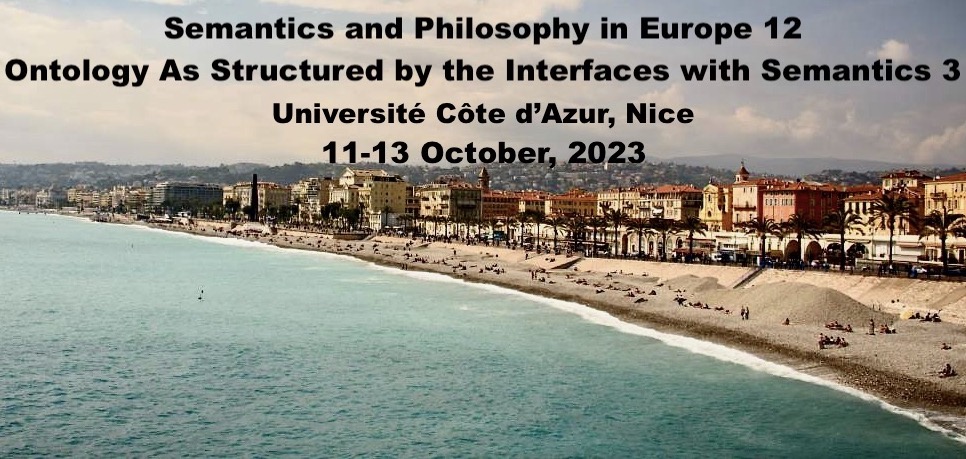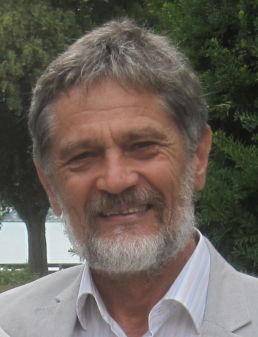
|
|
|
Interviews > Interview with Josef Perner

Professor Josef Perner is a professor of cognitive science at the University of Salzburg.
OASIS: Tell us a little about your current research.
JP: What I am interested in is how the mind works, and to find out, I mostly look at how children's understanding develops. Most of my work over the last few years has been on how children acquire a "theory of mind" as it is called.
The main indicator of having a theory of mind is the false belief test. We have lots of data showing that when children can pass the false belief test, it correlates with passing quite different tests. So it doesn't seem to have anything to do with a "theory of mind".
So for instance, understanding identity statements: If I hear of the teacher and of Suzy's aunt, I think of two people, right? But when told that the teacher is Suzy's aunt, then I have to revise and know that it's only one person, just two different ways of thinking about that person. Children who fail the false belief test also can't make sense of the identity statement that the teacher is Suzy's aunt. In order to explain those data, we are using mental files theory, which is known in linguistics under the label of "discourse referents", and in psychology, "object files". I am using co-referential files to get at a general notion of perspective-taking, which can account for a commonality between understanding another person's false belief, and the idea that the same object can be given different names. So that's what I'm working on currently.
OASIS: Linguists get asked this a lot so we're going to inflict it on you: How many languages do you speak?
JP: Two and a half: English, German, and French is the half.
OASIS: How do you fit and not fit into the discipline you got your degree in?
I have always been interested in cognitive science, and cognitive science brings together several established disciplines: philosophy, linguistics, psychology, artificial intelligence, and various others. In psychology, few people have any interest in the cognitive mechanisms of how the mind works. They don't really look at how the information is transformed from input to output and so on. To understand this, for instance linguistic information, you need to know about how language is processed, which is what linguists look at more than psychologists. Psychologists talk a lot about perspective-taking, but how is it done? Psychologists have nothing concrete to say in terms of information processing.
How I fit - at least some psychologists are interested in that! And some parts of psychology do have an interest in the cognitive science part. But it's difficult to find PhD students, because the normal psychology degree doesn't cover logic, linguistics, philosophy, and so on.
OASIS: What's interesting about meaning?
JP: Co-referentiality - because I'm interested in perspective taking, so co-referential files are a good way of getting at that.
OASIS: Finish this sentence: "Possible worlds are..."
JP: Possible worlds are something I've been thinking about - when people say "possible worlds", do they mean possible worlds, or do they mean possible states that our world could be.
OASIS: What difference does that distinction make?
JP: Ah, because if I'm thinking about just a different world, it doesn't mean I'm thinking about a different perspective. A different perspective only comes up if I'm thinking about our world in a different way. So there are consequences: for instance, imagining something versus having a counterfactual assumption.
OASIS: Sure, and there are grammatical consequences, for instance the imperfective of pretend play in, say, Italian.
JP: Pretending is very interesting. With a classic prompt, "pretend this banana is a telephone," you're pretending that the banana is a telephone, holding it to your ear and saying hello, but you're referring to a telephone that doesn't exist. But you don't really represent the banana as a telephone, like you would if you believed that the banana is a telephone. You have a file for the telephone and you have a file for the banana. How it's linked to the file for the telephone is an open matter. It's important because you used the banana to give information about what you are currently doing with the telephone in your imagination.
OASIS: What advice would you give linguists presenting their work to philosophers or psychologists?
JP: It depends what kind of researcher you're talking to - if it's a philosopher of language, or psycholinguist, there's less trouble. But for a more general philosopher or psychologist it's difficult. At ESPP the linguists are always somewhat separate, because they became very formal. I had an interest in it but I realized that I needed to read a lot of Chomsky to get into it. By contrast, pragmatics can be formal but can also be non-formal.
OASIS: Thanks for joining us for this interview. We look forward to your talk at OASIS 3 / SPE 12.
JP: Thank you.

